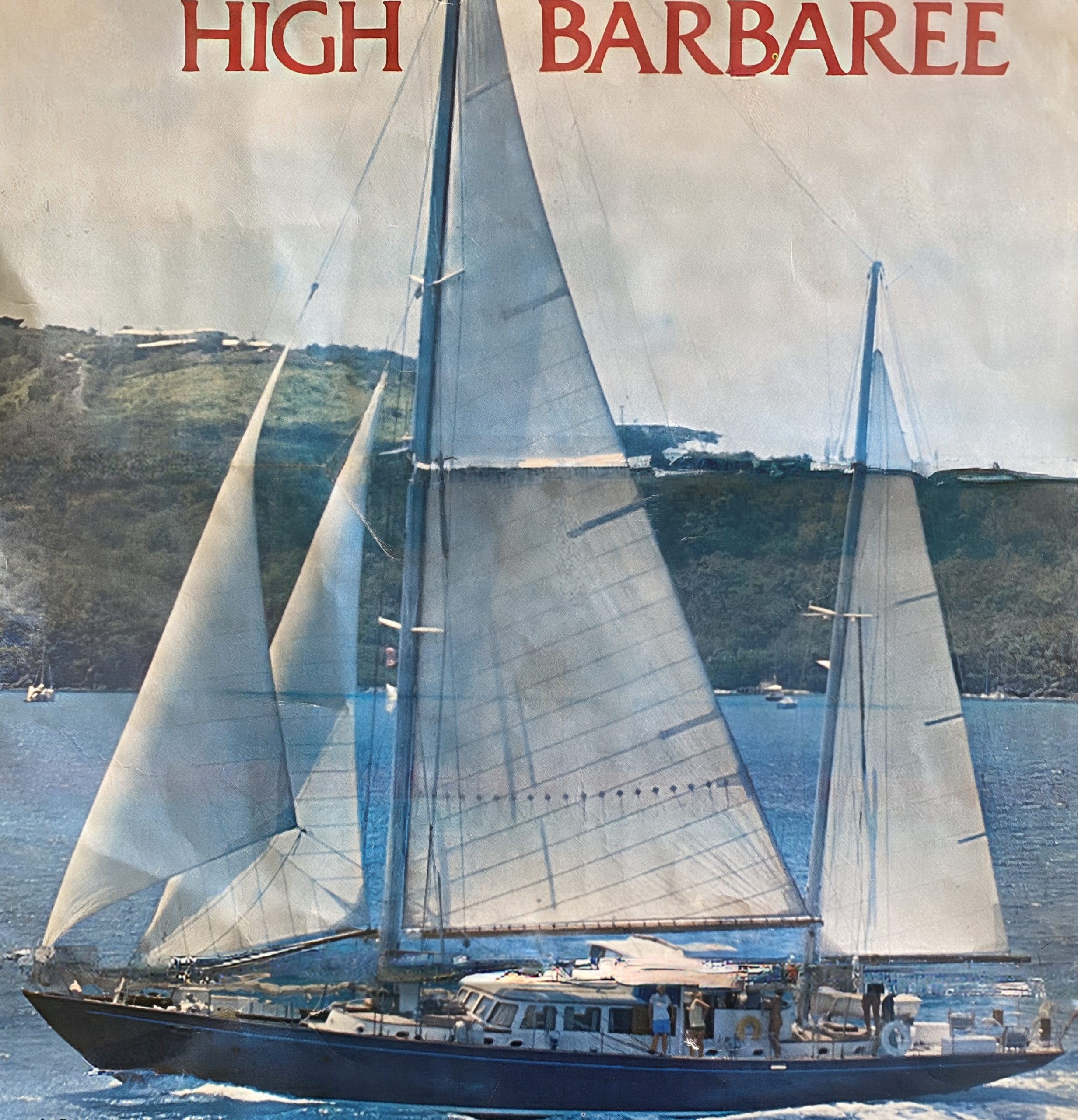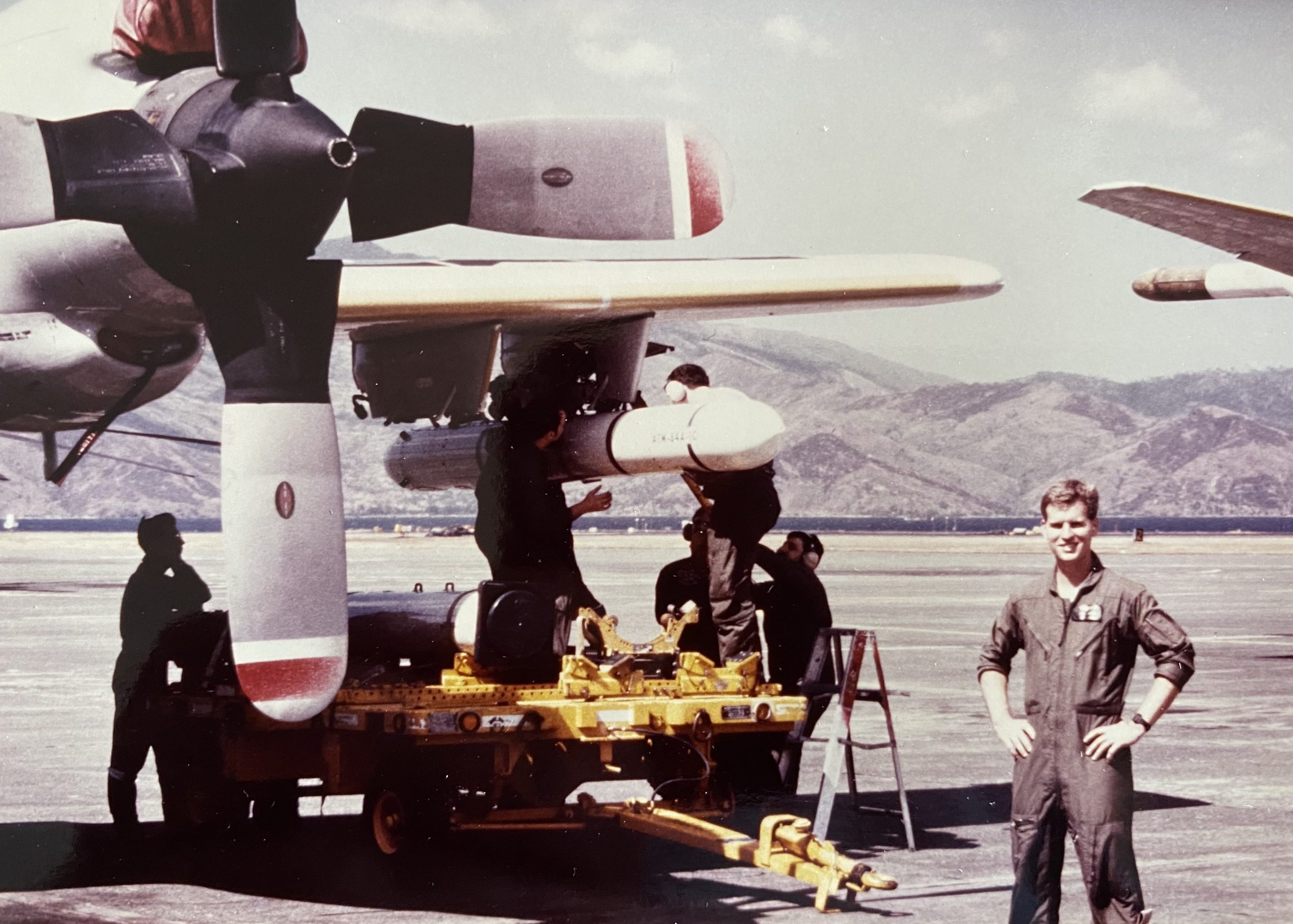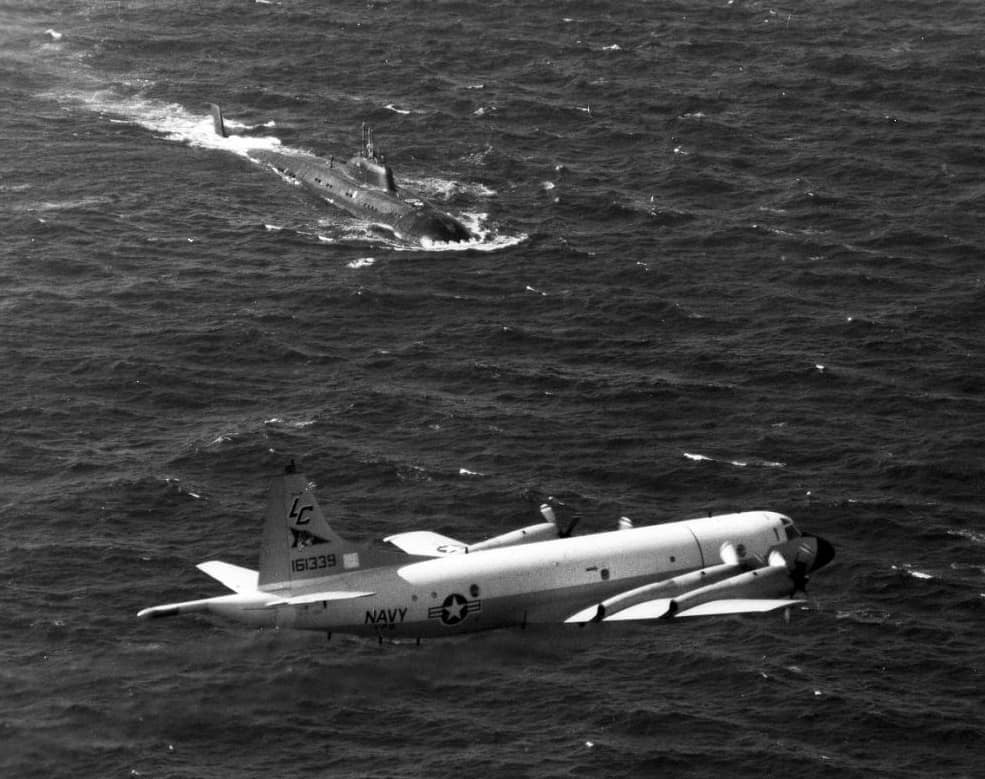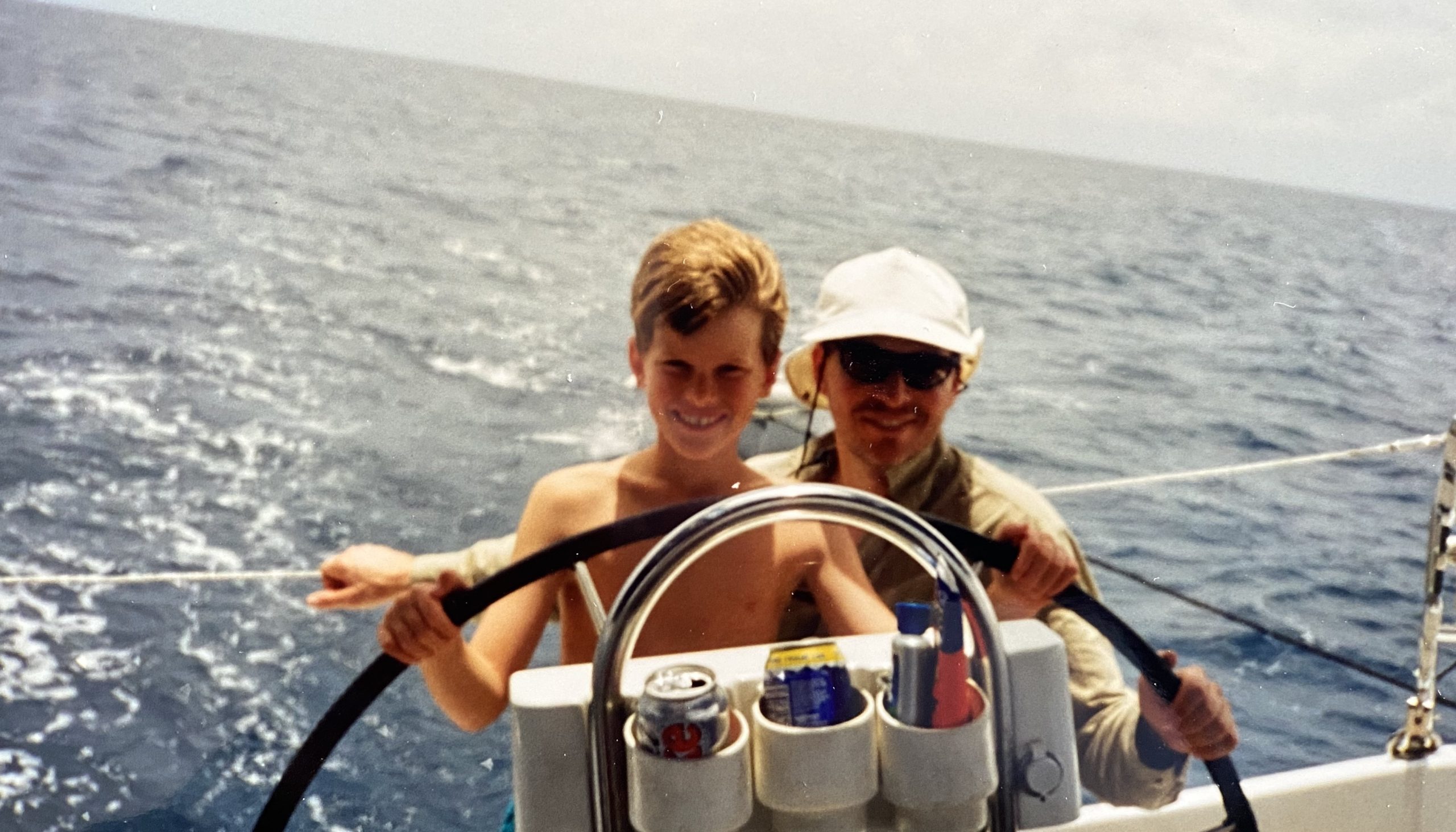Life as a Writer, Imagination Meets Experience
They say you should write about what you know and draw from your experiences in order for your stories to have a ring of authenticity. That is sound advice, but in writing fiction, if one tries to fill the pages with exactly what they have experienced, most people will find it boring and likely fall asleep after throwing the book in the trash. So, imagination is the key, as it is with many things in life. The experiences you’ve had in your life are the authentic background to a good story, with imagination thrown in to make it compelling.
I was shocked to discover recently what Albert Einstein said about imagination. Einstein, one of the greatest minds ever, who introduced the world to some of the most complicated scientific ideas, was quoted as saying, “Imagination is everything. It is the preview to life’s coming attraction.” He imagined himself riding on a beam of light, which led him to his theory of special relativity.
I think I was born with enough imagination, later inspired by the adventure books I read as a kid and the wonderful movies that aired on Sunday night television after they had played out in theaters. Movies like the Bond films, The Battle of Britain, The Blue Max, Dr. Zhivago, or anything with Clint Eastwood.
What I lacked as a young man, of course, was experience.
"So, imagination is the key, as it is with many things in life. The experiences you’ve had in your life are the authentic background to a good story, with imagination thrown in to make it compelling."
So, I set out after college to get as many of these life experiences as I could. Since I had absolutely no real plan after I graduated other than to get out of a classroom, I decided to go to the US Virgin Islands and try to get a job on a sailing vessel of some kind and cruise around the Caribbean. Looking back on this now, it was a bit like Jack and the Beanstalk trading his cow for a dream—I had no contacts down there and no idea of where to stay. I spent what money I had saved from the job I held through college on an open-ended round-trip ticket to St. Thomas, USVI, on Eastern Airlines. The remainder of my then-life savings would keep me in a cheap hotel room and able to eat for about a week. I blame my college roommate, who had talked to somebody who had heard from some guy in a marina in Miami that this was an actual possibility.
It was one of the best things I ever did for myself.
Within an hour after checking into a hotel room in Charlotte Amalie, the capital and principal city on St. Thomas, and walking the docks where the big charter boat sailing vessels were docked, I had a job as a deckhand on the High Barbaree—a seventy-eight foot Rhodes Ketch.


I spent the next six months working for the Boudreau family and loving every minute of it. The captain, Walter Boudreau, was a seasoned sailor from before World War II. Shortly after the war, he had sailed into Marigot Bay, St. Lucia, with his family and bought half the place for a song. Years later, when I met them, his wife, Terry, was the cook on the charter boat, and his son, Lou, who later became a writer himself, was the first mate. Lou was an avid reader and introduced me to South African historical fiction writer Wilbur Smith and many others. I never had much time for pleasure reading in college, but I latched onto it during that time, borrowing from Lou’s paperback library in the crew’s quarters in the bow of the yacht.
The Boudreau’s taught me everything about sailing and the islands of the Caribbean and told wild stories about life at sea and the charter business. Once, between charters around the neighboring British Virgin Islands, we put out four anchors, tied the boat to the mangrove trees on the shore in Hurricane Hole, St. John, and rode out a strong tropical storm that passed just to the north of us, and then turned into a hurricane.
When I left and returned to the States, I felt like I was on the way to exploring the many roads that would lead me to the experience I was after.
"I spent the next six months working for the Boudreau family and loving every minute of it... The Boudreau’s taught me everything about sailing and the islands of the Caribbean and told wild stories about life at sea and the charter business."
In my senior year at the University of Georgia, I applied (way too late as it turned out) for the Navy’s Aviation Officer Candidate School, or AOCS, as a pilot, and I qualified. I had always wanted to learn how to fly. Unbeknownst to me at that time, the Navy did not really need pilots because the airlines were not hiring, and when that happens, military pilots tend to stay in because they need a job. The Navy recruiters, having other slots to fill, offered me the back-seater job in the airplane. I politely refused, waited a few years, and then lived in Hawaii for a while before applying again. This time, I was accepted and went through AOCS and flight training, earning my wings.
It was the second-best thing I ever did for myself.


Since I had worked at more than ten different jobs up to that point (with ten different experiences, ranging from flipping burgers to building gas stations), I really wanted what I perceived, in my young ignorance, to be a cushy job as an airline pilot. So, I targeted the multi-engine, land-based P-3 Orion. It had an ASW (anti-submarine warfare) mission; dropped torpedoes, underwater mines, and iron bombs; shot the Harpoon (anti-ship missile); and best of all—was land-based. I did my share of deployments, though—three full, six-month deployments in three years, including home bases in Kadena and Misawa, Japan; Rota, Spain; Lajes, Azores; and Keflavik, Iceland. I saw most of the world, including a mission that took me well north of Thule, Greenland. In Iceland, the squadron successfully prosecuted eighty-four Russian subs in our six winter months there. It set a fleet-wide record. Based on the number of submarines the Russians threw at us, we thought the balloon was going to go up in Europe at any time. Then, the Iron Curtain came down along with the Berlin Wall, and the Russians said uncle...for a while.
I managed to secure my airline job while fulfilling my Navy Reserve obligations, and the airline job was “cushy” compared to the military but also challenging in an entirely different way. Multiple pay cuts, consolidation, and bankruptcy, just to name a few. All in all, though, it worked out for me, and I have no regrets. Well, maybe a few. But don’t we all. The flying was challenging, especially in the weather and with deranged passengers, but the layovers in the major cities of the world was the best part, and I made it a point to see as many as I could.
while fulfilling my Navy Reserve obligations, and the airline job was “cushy” compared to the military but also challenging in an entirely different way. Multiple pay cuts, consolidation, and bankruptcy, just to name a few. All in all, though, it worked out for me, and I have no regrets. Well, maybe a few. But don’t we all. The flying was challenging, especially in the weather and with deranged passengers, but the layovers in the major cities of the world was the best part, and I made it a point to see as many as I could.
I’m now drawing from my experiences, places, and people I’ve met along the way to tell the stories I want to tell and that I’d like to read. I am thankful in many ways for the experiences I’ve accumulated, but I’d be nowhere without my imagination.